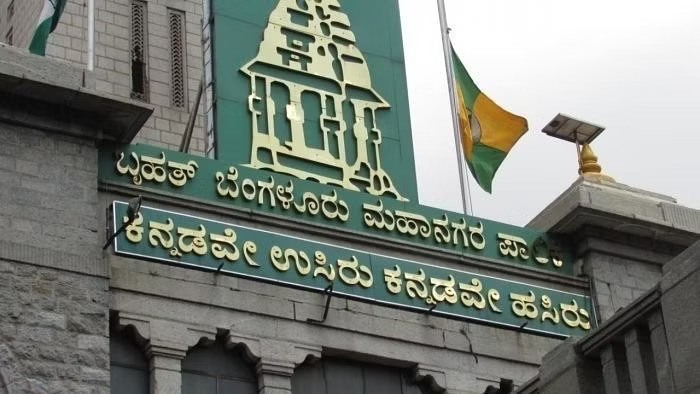In a notable directive, Karnataka’s Urban Development Department has instructed the Bruhat Bengaluru Mahanagara Palike (BBMP) to disburse 25% of its bills on a randomized basis. This move introduces an element of unpredictability in the payment process, aiming to streamline financial transactions and foster transparency within the municipal body.
The decision to implement a randomized approach to bill payments underscores the government’s commitment to infusing efficiency and accountability into the financial management systems of local bodies like the BBMP. By adopting a randomized mechanism, the Urban Development Department aims to mitigate potential delays, address any favoritism concerns, and ensure a fair and impartial distribution of funds.
The significance of this directive lies not only in its financial implications but also in the broader context of governance and public trust. Randomized bill payments reduce the likelihood of biases and procedural irregularities, fostering a perception of fairness among stakeholders, including vendors and service providers.
The BBMP, being a critical civic authority in Bengaluru, manages a wide range of services and projects that impact the lives of residents. The randomized payment directive aligns with the larger goal of enhancing the efficiency of municipal operations and promoting a culture of transparency in financial transactions.
This move also serves as a reminder of the ongoing efforts by government bodies to modernize and optimize their administrative processes. Embracing technology-driven solutions, such as randomized payment algorithms, contributes to the overall effectiveness of local governance, reducing bureaucratic bottlenecks and ensuring smoother financial workflows.
While the randomized payment approach introduces an element of unpredictability, it necessitates the development of robust systems for monitoring and auditing. Proper checks and balances are crucial to ensure that the randomized disbursement aligns with the principles of accountability and does not compromise the fiscal discipline required for effective municipal governance.
In conclusion, Karnataka’s Urban Development Department’s directive to implement a randomized payment of 25% of BBMP bills represents a strategic move towards enhancing transparency, efficiency, and fairness in municipal financial transactions. As local bodies embrace modernization, the randomized approach underscores the commitment to effective governance, ultimately contributing to the welfare of the citizens and the development of urban infrastructure.
Sponsored
FACTS Transcripts
Apply for a University document anywhere
https://www.factstranscript.com
Quick Transcripts for popular Universities, check your University name now and get started. We help you to get your transcript application online which is accepted for use of IRCC.
No DD, NO Paperwork. 100% Authentic, Reliable.
FACTS Transcripts Charges · Reviews · Assam Universities · Home · Know your University










